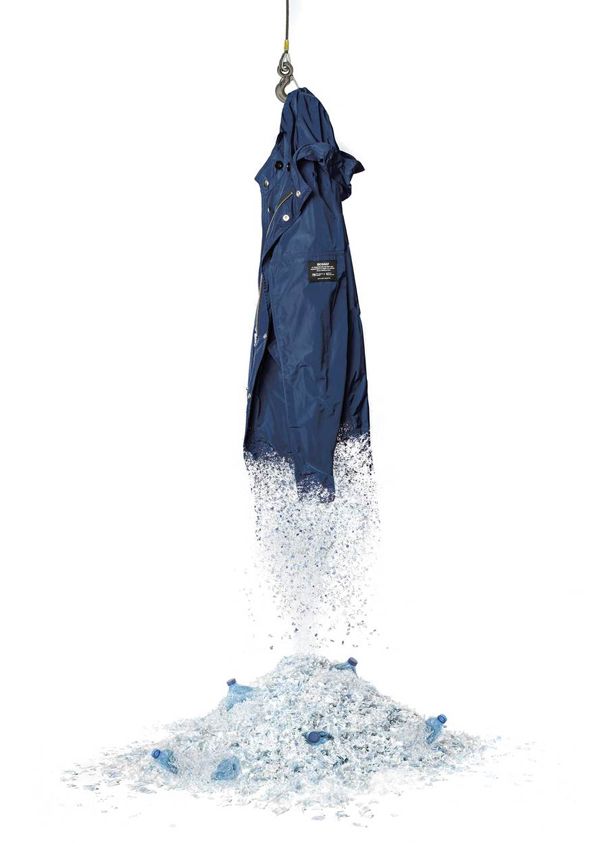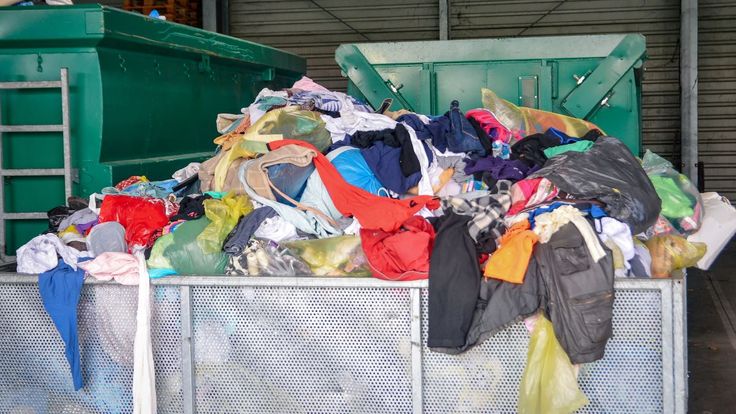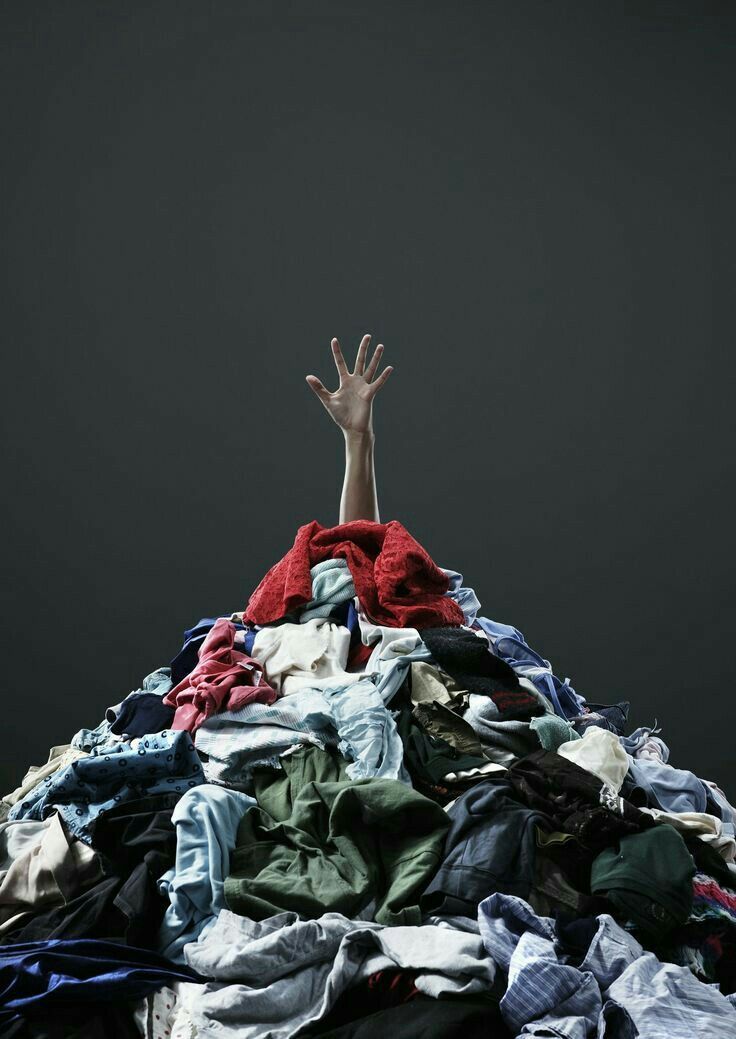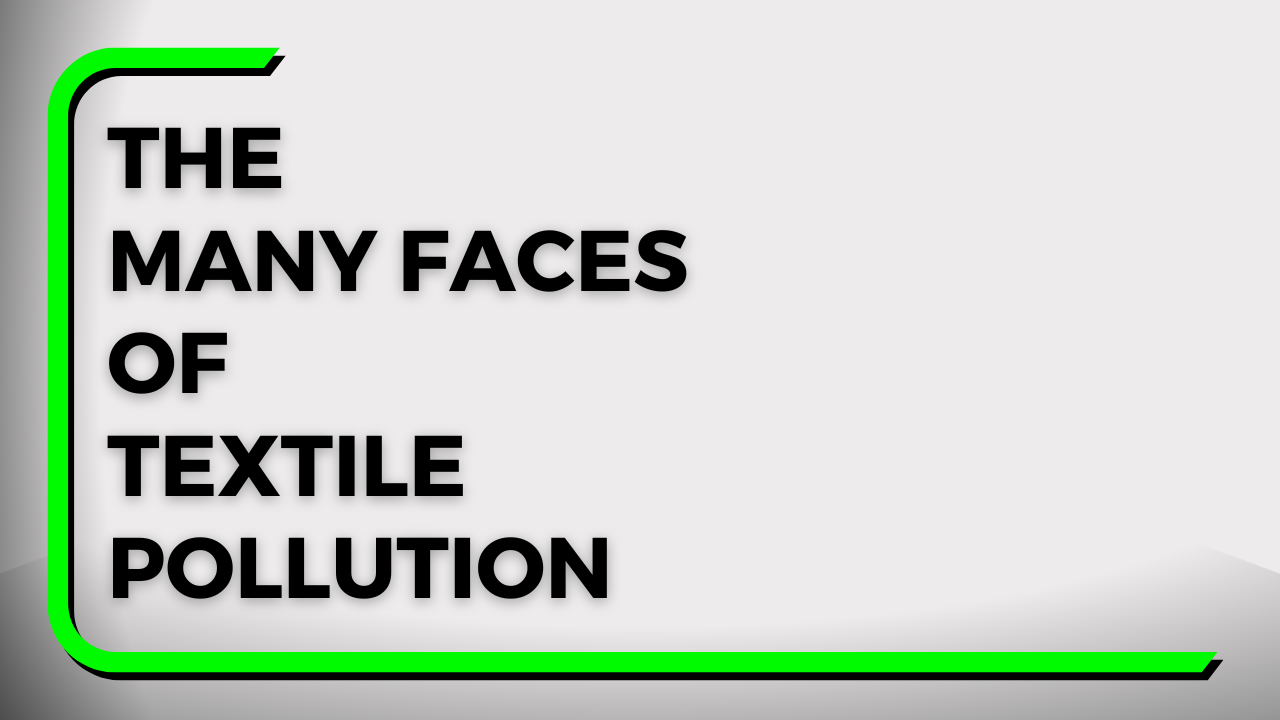We are currently residing in an epoch characterized by the prevalence of textile pollution. This phenomenon has become a significant environmental concern, as the textile industry is one of the largest contributors to pollution globally.
What does Textile Pollution refer to?
Textile pollution refers to the environmental impact caused by the production, use, and disposal of textiles.
It encompasses various forms of pollution, including air pollution, water pollution, and waste generation.
The textile industry is one of the largest contributors to global pollution, with its extensive use of chemicals, energy, and water resources.
Air Pollution

Air pollution in the textile industry primarily stems from the emission of harmful gasses and particles during manufacturing processes.
These emissions result from burning fossil fuels for energy, as well as from chemical reactions that occur during dyeing, printing, and finishing processes.
The release of volatile organic compounds (VOCs), sulfur dioxide (SO2), nitrogen oxides (NOx), and particulate matter contributes to air pollution and can have detrimental effects on human health and the environment.
Water Pollution

Water pollution is a significant concern in textile production due to the large quantities of water used in various stages of manufacturing.
The discharge of untreated or inadequately treated wastewater from textile factories into rivers, lakes, or oceans leads to contamination.
This wastewater often contains toxic chemicals such as dyes, heavy metals, solvents, and other pollutants that can harm aquatic ecosystems and pose risks to human health when consumed through contaminated water sources.
Waste Generation

Waste generation is another aspect of textile pollution.
The textile industry produces vast amounts of waste throughout the supply chain.
This includes pre-consumer waste generated during production processes (e.g., fabric scraps) and post-consumer waste resulting from discarded garments and textiles.
Improper disposal of these wastes can lead to landfill accumulation or incineration, both of which have negative environmental consequences.
What’s more?
Furthermore, textile pollution extends beyond production and disposal.
The use phase of textiles also contributes to pollution through activities such as washing. Synthetic fibers like polyester release microplastics into water bodies when laundered, adding to the growing problem of plastic pollution in oceans and other aquatic environments.
What efforts can be made?
Addressing textile pollution requires a multi-faceted approach involving various stakeholders, including governments, manufacturers, consumers, and environmental organizations. Efforts to mitigate textile pollution include:
- Regulations and Standards: Governments can implement and enforce strict environmental regulations and standards for the textile industry.
These regulations may include limits on emissions, wastewater treatment requirements, and guidelines for waste management.
- Sustainable Manufacturing Practices: Textile manufacturers can adopt sustainable practices to reduce pollution.
This includes implementing cleaner production techniques, using eco-friendly dyes and chemicals, optimizing water and energy usage, and investing in wastewater treatment facilities.
- Consumer Awareness and Responsible Consumption: Educating consumers about the environmental impact of textiles can encourage responsible consumption habits.
Choosing sustainable and ethically produced textiles, extending the lifespan of garments through proper care, and supporting recycling initiatives are some ways consumers can contribute to reducing textile pollution.

In conclusion, textile pollution refers to the detrimental effects caused by the textile industry’s production processes, water usage, waste generation, and the release of pollutants into the air and water.
It is a complex issue that requires collaborative efforts to minimize its environmental impact.
#secondhand #shopping #environment #recycle #NEOTEXTILE #RECYCLING #TEXTILE #POLLUTION #ECO #ENVIRONMENT
